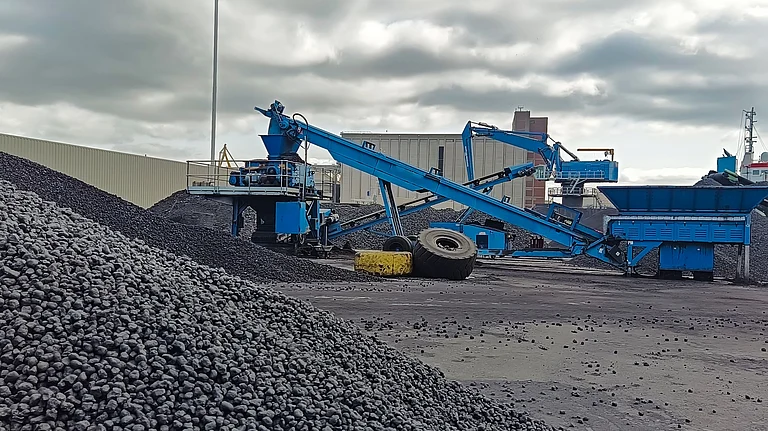India mulls incentives to scale carbon capture for coal-based energy transition.
CCUS adoption vital for steel, cement sectors to cut emissions significantly.
Studies estimate $4.3B support, ₹47 lakh crore capital needed by 2050.
India to Launch National Carbon Capture Initiative with Incentives to Support Coal-Based Energy Transition
India plans incentives for carbon capture to balance coal reliance with climate goals
India is considering launching the national carbon capture initiative supported by government incentives, as it aims to balance rising energy demand with its climate goals while relying on coal, a senior official at India’s leading policy think tank said on Thursday.
The initiative will promote carbon capture, utilisation and storage (CCUS) technologies. It could offer funding support ranging from 50% to 100% for select projects, Rajnath Ram, adviser, energy at NITI Aayog, said.
Coal Reliance & Climate Balance
The CCUS technology removes CO2 produced by industrial processes from the atmosphere or captures it at the point of emission and stores it underground.
"These incentives will help industries adopt carbon capture technologies and integrate them with coal based energy systems," the official told Reuters at a coal summit organised by the Indian Chamber of Commerce.
India's electricity consumption is increasing and coal is expected to remain a key part of the energy mix for the next two decades, Ram said.
"We cannot be subjective about coal. The question is how sustainably we can use it."
He informed Reuters that converting coal to synthetic natural gas will reduce the country's natural gas imports by nearly 50%, adding that commercialisation of the technology is still a challenge.
India is aiming to expand its non-fossil fuel capacity to 500 GW by 2030, but coal remains central to its energy security. The government plans to increase coal-based capacity by 97 GW by 2035, taking the total to around 307 GW to ensure round-the-clock power.
The government is also exploring how carbon capture can be integrated with gasification projects to offset emissions.
High Costs & Policy Support
Globally, several countries have started projects in CCUS technology and the International Energy Agency says the technology can play a vital role in achieving global climate goals.
According to a 2025 Wood Mackenzie report, India will need about $4.3 billion in government support to make CCUS adoption viable at scale. The study also estimated that India could contribute about 15% of Asia Pacific’s CCUS capacity by 2050, especially in hard-to-abate sectors like steel, cement and power.
Another study by CEEW underscored that CCUS will be necessary to reduce up to 56% of steel emissions, and the cement and steel sectors in India will require an additional ₹47 lakh crore in capital by 2050 in order to reach net zero.

